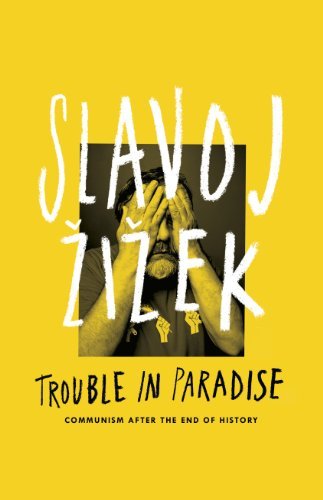What do you think?
Rate this book


213 pages, Kindle Edition
First published November 27, 2014
Since free choice is elevated to a supreme value, social control and domination can no longer appear as infringing the subject’s freedom; it has to appear as (and be sustained by) the very experience of individuals as free. This unfreedom often appears in the guise of its opposite: when we are deprived of universal healthcare, we are told that we are given a new freedom of choice (to choose our healthcare provider); when we can no longer rely on long-term employment and are compelled to search for a new precarious job every few years or maybe even every couple of weeks, we are told that we are given the opportunity to reinvent ourselves and discover our unexpected creative potential; when we have to pay for the education of our children, we are told that we become ‘entrepeneurs-of-the-self’, acting like a capitalist who has to choose freely how he will invest the resources he possesses (or has borrowed) - in education, health, travel. Constantly bombarded by such imposed ‘free choices’, forced to make decisions for which we are not even properly qualified (or do not possess enough information about), we increasingly experience our freedom as a burden that causes unbearable anxiety.
...market freedom goes hand in hand with the US supporting its own farmers, preaching democracy goes hand in hand with supporting Saudi Arabia. This inconsistency, this need to break one’s own rules, opens up a space for genuine political interventions... In Greece, a reasonable call for a more efficient and non-corrupt state apparatus, if meant seriously, implies a total overhaul of the state... A measure (say, the defense of human rights) which is in general a liberal platitude, can lead to explosive developments in a specific context.
What if, today, straight marriage is ‘the most dark and daring of all transgressions’?
When Thatcher was asked about her greatest achievement, she promptly answered: “New Labour”. And she was right: her triumph was that even her political enemies adopted her basic economic policies. The true triumph is not victory over the enemy; it occurs when the enemy itself starts to use your language, so that your ideas form the foundation of the entire field.
What we need today, in this situation, is thus a Thatcher of the Left: a leader who would repeat Thatcher’s gesture in the opposite direction, transforming the entire field of presuppositions shared by today’s political elite of all main orientations.